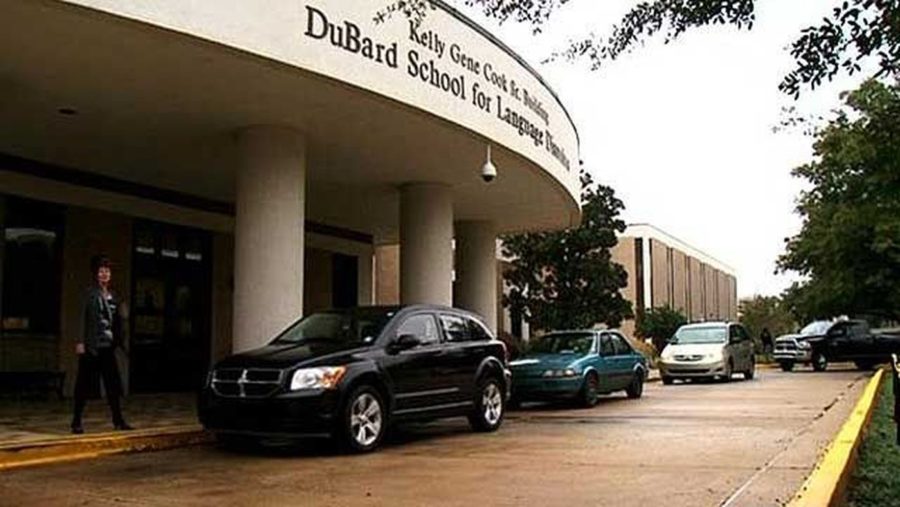The DuBard School for Language Disorders received a donation from the Sertoma Club of Laurel during a presentation on Friday, Feb. 22.
The $25,000 donation will be used to establish an endowment which will provide services to children and families who may otherwise be unable to receive these benefits.
Communications coordinator of the DuBard School Britney Dykes explained how the donation is important to the school.
“Full-time enrollment to this school is at no charge to parents,” Dykes said. “Most of the time if people hear of a special school like we are, most people think ‘Oh how much his tuition there?’ Well, we are a public, state-funded school, so there is no charge for the parents. That’s one of the big things about the Sertoma contribution; we rely on private donations to help fund our school.”
For more than 50 years, the DuBard School has brought hope to children with communication disorders. However, the demand for DuBard’s services is so high most children are placed on a waiting list.
Developmental coordinator of the DuBard School Wes Brooks said DuBard tries to assist as many children as possible.
“The first thing that we are going to do after putting them on the waiting list is evaluate them so that we will be able to understand exactly what is going on. After that, if it is determined that DuBard is the best place for them to be, then we’ll try to get them in,” Brooks said. “Also, if it is determined that we are not the best place for that child, we are an excellent referral resource. We are very good at pointing [parents] in the right direction.”
Professional developmental coordinator of the DuBard School Alison Webster said the DuBard School is a bridge to help students eventually re-enroll in a traditional public-school setting.
“The reason why the children are here is because they could not make it with special education in their general education setting. So they come to us and build a bridge between what they do know and what they don’t know and be more successful when they go back to school,” Webster said.
Webster said the DuBard School has changed the lives of children in many ways.
“We had one young man come to us, and he had no language, no speech whatsoever and so our assistant director at the time was still in the classroom, and she was constantly working with him on how to say certain sounds. At the end of the week, he was able to go out and say ‘Mama.’”
To find out more about the DuBard School for Language Disorders, visit usm.edu/dubard.


























